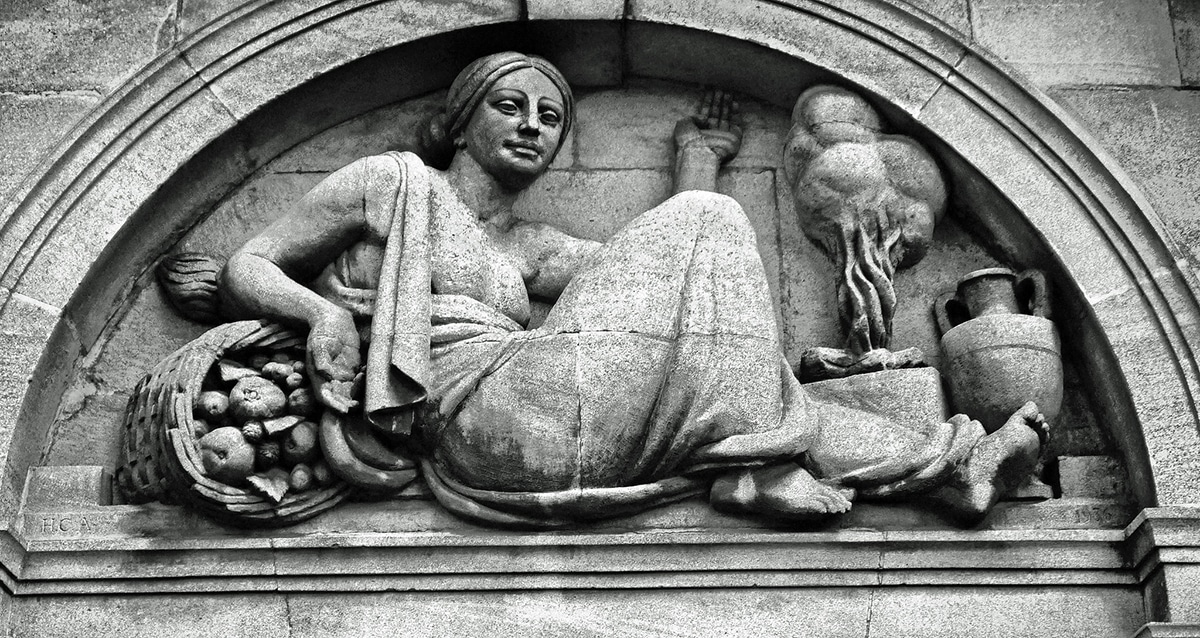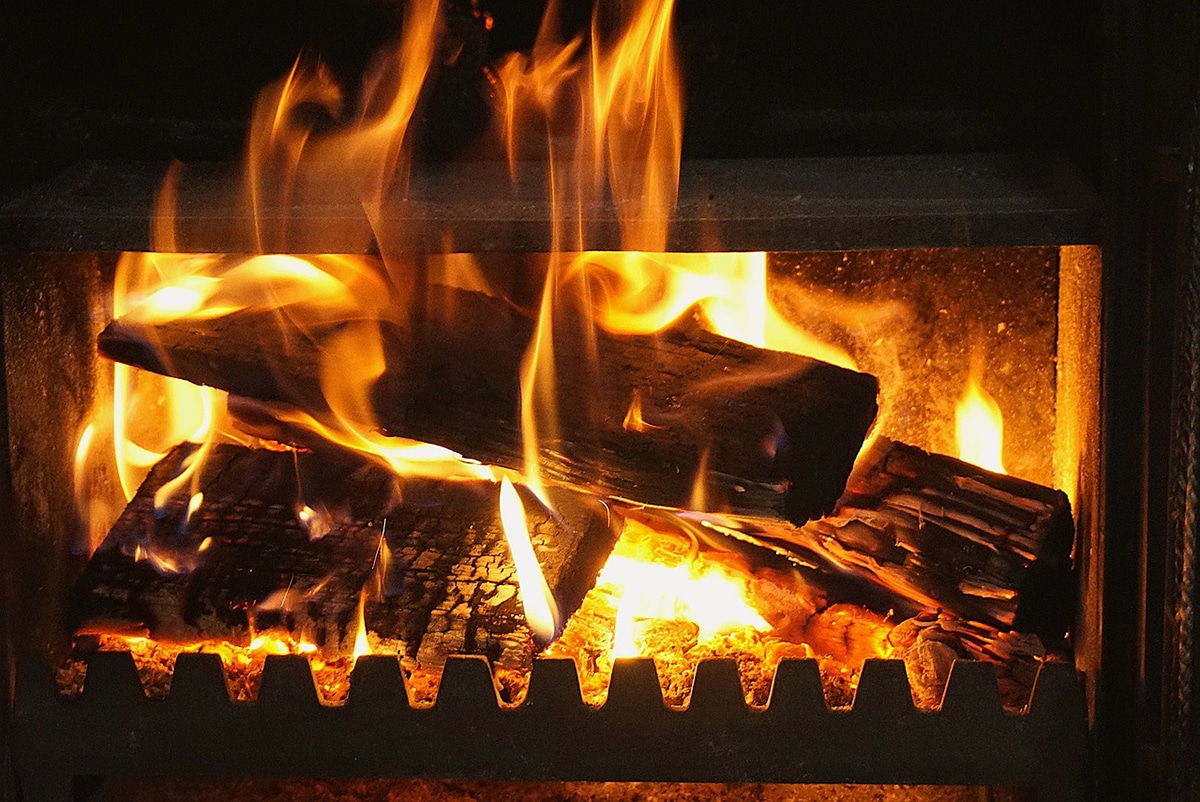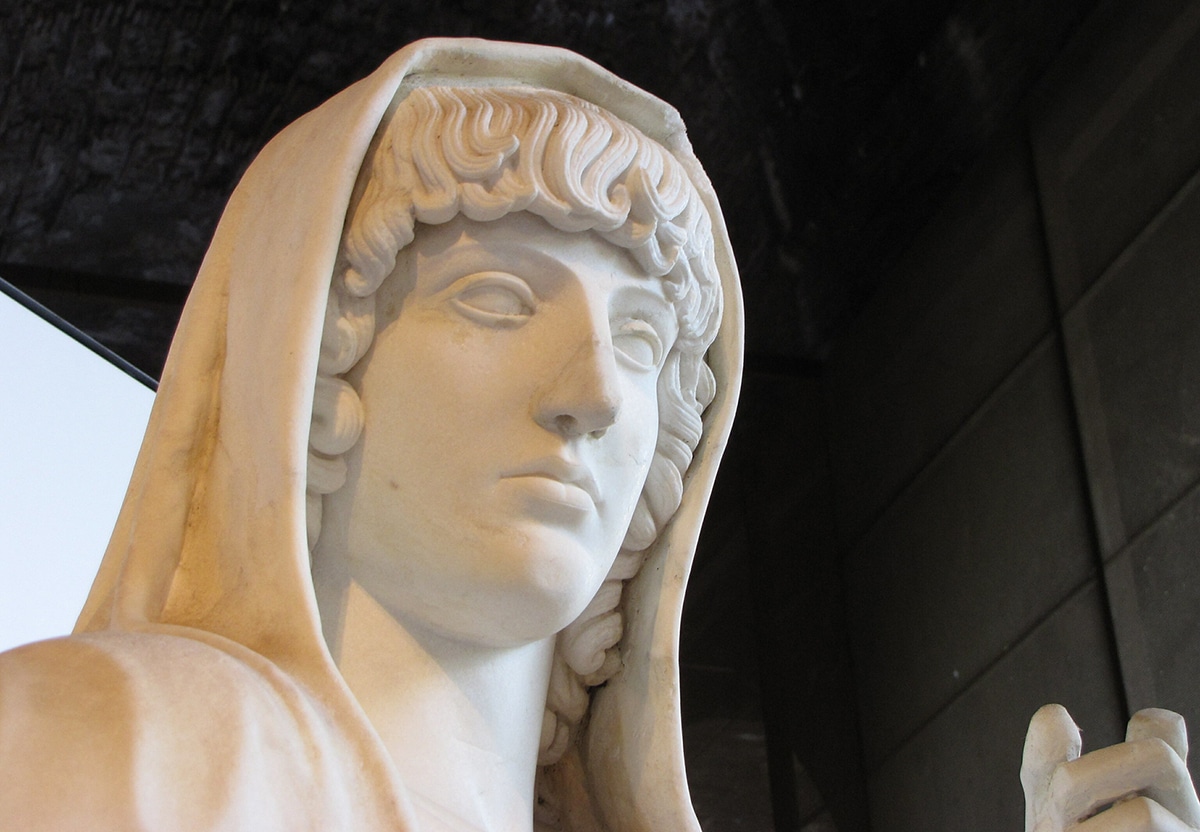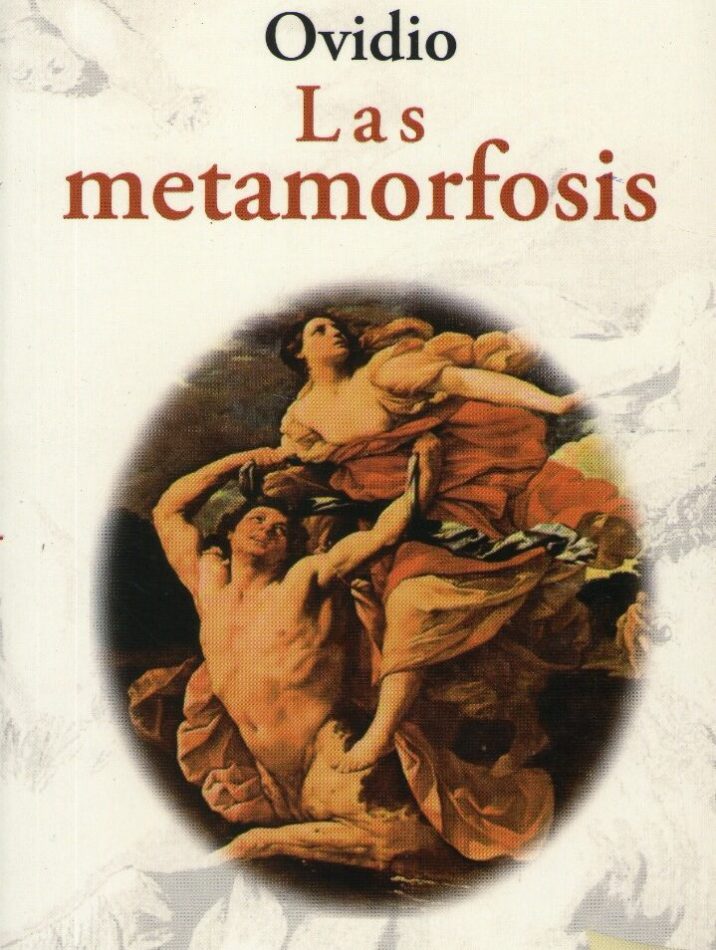
When talking about Greek mythology, many different deities and heroes come to mind. Of course, some are better known than others, partly also because of the movies and series that have become popular over the years. In this article we want to talk about one of the most important deities of that time, but less known today: Hestia, the Greek goddess of home fire.
We will not only explain who he is, but we will also talk about the power it had and about the myths related to it. Without a doubt, it is a very worthwhile reading if you are interested in Greek mythology, especially because of the relevance that Hestia had for the people.
Who is the Greek goddess Hestia?

Among the deities of Olympus, home of the Greek gods, is Hestia, the goddess of home fire. She was the daughter of Cronus, the main titan of this culture and father of the Greek gods, and Rhea, titan sister and wife of Cronus and mother of the Greek gods. While it is true that she is one of the main deities of Greek mythology, It hardly appears in the stories. This is due to the fact that he did not usually interfere much in the disputes of the other inhabitants of Olympus, a place from which he hardly came out as a good representative of the home.
The equivalent in Roman mythology of the Greek goddess Hestia is Vesta, daughter of Saturn and Ops and sister of Jupiter, the main Roman god. Another Roman deity with whom she is closely related is Fornax, the goddess of ovens and hearths.
It should be noted that the Greeks they built many temples for Hestia. Among the most famous are the Olympia, Sparta and Athens. Even the oracle of Delphi was dedicated to the goddess of the hearth, but later it became an offering to Apolo, god of the sun, the bow and the arts.
What power does the goddess Hestia have?
One of the reasons why the Greek goddess Hestia stood out was because she was the inventor of the construction of houses. In addition, she attributed the power of protect the most traditional and intimate feelings, on which both family harmony and marital happiness depended. This skill of hers spread even to palaces, temples, and states that were regarded as home. Over time, Hestia even rose to become protector of the universe itself. In this way, it was assumed that a sacred fire gave life to everything that was known at that time.
In general, foreign ambassadors were received in the temples dedicated to this goddess. Furthermore, when warriors set out to occupy and colonize other lands, the new altars lit them with Hestia's fire, carried by torches. In this way, the Greeks symbolized the union with the metropolis. In the event that this fire went out, it could not be relit just like that. To do it, it was essential to carry out a sacred rite. In fact, in Roman culture there were the Vestals. They were responsible for caring for and maintaining that fire. If they did not do their job properly, the punishment they received was very severe.
Myths about Hestia

When we speak of the Greek goddess Hestia, we refer to the deity that represents the fire of the home, the one that gives warmth and life to the families of mortals. She is the firstborn of Cronus and Rhea. Despite being eaten by her father shortly after birth, she has managed to be one of the most important deities of the Greek religion and also from the Roman one, where they call her Vesta.
It must be said that both Apollo, son of Zeus and Leto, and Poseidon, the god of the seas and brother of Zeus, wanted to win the love and affection of Hestia. However, she chose to swear to Zeus, the main god of the Greek deities, that I would remain a virgin forever. This is how the goddess of home fire got the preeminent places in the houses. In addition, she was the first victim in terms of public sacrifices, since thanks to her decision to reject both suitors, she prevented a major dispute from taking place between them.
As we have already mentioned before, Hestia, being the goddess of family and home, did not usually leave Olympus or interfere in the lives of other people, be they gods or mere mortals. For this reason, she does not usually appear in mythological stories, even though she is one of the main Greek goddesses. In fact, Hestia was the first of all the gods, including Zeus, to receive the offerings when banquets were held. In addition, it was quite common to sacrifice calves that were less than a year old, thus alluding to the virginity of the goddess.
Priapus
Ovid, a very famous Roman poet, narrates a rather peculiar short episode about Hestia and Priapus, a minor god who represents fertility and who is usually associated with agricultural life. According to Ovid, both deities attended a party, after which most of the gods fell asleep. It was then that Priapus attempted to rape the goddess of home fire.

Fortunately, the ass of Silenus, satyr and god of drunkenness, brayed just as Priapus was lunging at Hestia. She woke up to the noise of the animal and her attacker fled scared. Thanks to this event, donkeys became the favorite animals of the Greek goddess from the home fire. So much so that in their festivities they were adorned with various garlands made with loaves of bread.
Well, you already know one more deity from Greece. Hestia, the Greek goddess of home fire, is often somewhat forgotten due to the few appearances she makes of her in mythological stories. But despite this, she remains a main deity in this vast religious culture.